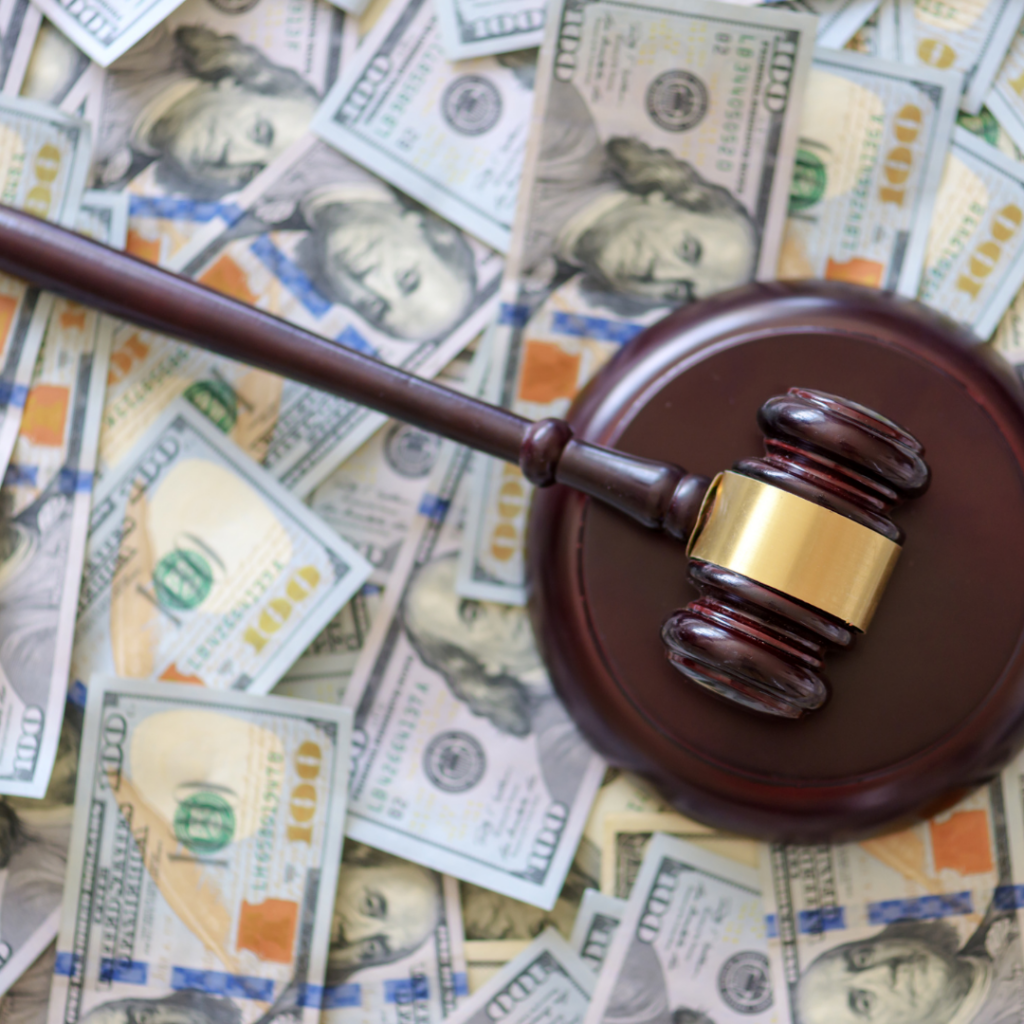
At Pitts, Hay & Hugenschmidt, we understand the complexities surrounding bankruptcy and its profound impact on individuals and businesses in Asheville. Bankruptcy laws were designed to offer a fresh start to those overwhelmed by debt, but the path to financial recovery requires careful navigation. Two of the most commonly filed types of bankruptcy are Chapter 7 and Chapter 13. Each type has its unique process, benefits, and considerations. In this comprehensive guide, we aim to demystify these options, offering valuable insights into choosing the right path for your financial future.
The Basics of Bankruptcy
Before diving into the specifics of Chapter 7 and Chapter 13 bankruptcies, it’s crucial to grasp the fundamental purpose of bankruptcy. At its core, bankruptcy is a legal process that allows individuals or businesses to either eliminate or repay their debts under the protection of the federal bankruptcy court. The right bankruptcy chapter can provide relief from debt while possibly retaining some of your assets.
Chapter 7 Bankruptcy: Liquidation
What Is Chapter 7 Bankruptcy?
Chapter 7 bankruptcy, often referred to as “liquidation” or “straight” bankruptcy, is designed to discharge most of your unsecured debts, such as credit card debt and medical bills, without the need for repayment plans. It’s the quickest form of bankruptcy and typically suits individuals with limited income and few assets.
Eligibility and Process
To qualify for Chapter 7 in Asheville, applicants must pass a “means test,” which compares your income to the median income for a household of your size in North Carolina. If your income is below the median, you may file for Chapter 7. The process involves liquidating non-exempt assets to pay off creditors. However, it’s important to note that certain assets, like your home or car, may be protected under state exemptions.
Advantages and Considerations
The primary advantage of Chapter 7 is the relatively quick discharge of debts, usually within three to six months. However, it’s worth noting that not all debts can be discharged (e.g., student loans, alimony, and child support), and the impact on your credit score can be significant. Additionally, if you own substantial assets, you risk losing more than with Chapter 13.
Chapter 13 Bankruptcy: Reorganization
What Is Chapter 13 Bankruptcy?
Chapter 13 bankruptcy, known as the “wage earner’s plan,” allows individuals with regular income to develop a plan to repay all or part of their debts over three to five years. Unlike Chapter 7, Chapter 13 aims to reorganize debt without liquidating assets, making it an attractive option for those seeking to avoid foreclosure or repossession of valuable assets.
Eligibility and Process
To be eligible for Chapter 13 bankruptcy in Asheville, you must have a regular income and your unsecured debts must be below a certain threshold. The process involves proposing a repayment plan to make installments to creditors over a period of three to five years. During this period, creditors are prohibited from starting or continuing collection efforts.
Advantages and Considerations
Chapter 13 bankruptcy offers several benefits, including the potential to save your home from foreclosure, restructure secured debts (excluding a mortgage for your primary residence), and possibly pay less than you owe on unsecured debts. However, the length of the commitment (up to five years) and the overall impact on your credit can be drawbacks for some.
Choosing Between Chapter 7 and Chapter 13
Deciding whether Chapter 7 or Chapter 13 bankruptcy is the best path forward requires a thorough understanding of your financial situation and long-term goals. At Pitts, Hay & Hugenschmidt, we recommend considering the following factors:
- Your Income and Expenses: Your current income and expenses will significantly influence which type of bankruptcy you qualify for and what might be most beneficial.
- Your Assets: If you have significant equity in your home or other assets you wish to retain, Chapter 13 may provide the protections you need.
- Your Debts: The types of debt you carry and your goals in managing them should also influence your decision.
- Your Future Financial Goals: Consider how each type of bankruptcy might impact your ability to obtain credit, buy a home, or achieve other financial goals in the future.
Pitts, Hay & Hugenschmidt: Your Asheville Bankruptcy Allies
Navigating the waters of bankruptcy can be challenging, but you don’t have to do it alone. At Pitts, Hay & Hugenschmidt, our experienced bankruptcy attorneys are dedicated to helping Asheville residents understand their options and make informed decisions about their financial futures. We pride ourselves on providing compassionate, personalized service to each client, ensuring that you feel supported every step of the way.
Whether you’re considering Chapter 7 or Chapter 13 bankruptcy, or if you’re simply seeking advice on how to manage overwhelming debt, our team is here to help. Contact us today to schedule a consultation and take the first step toward regaining your financial stability.




